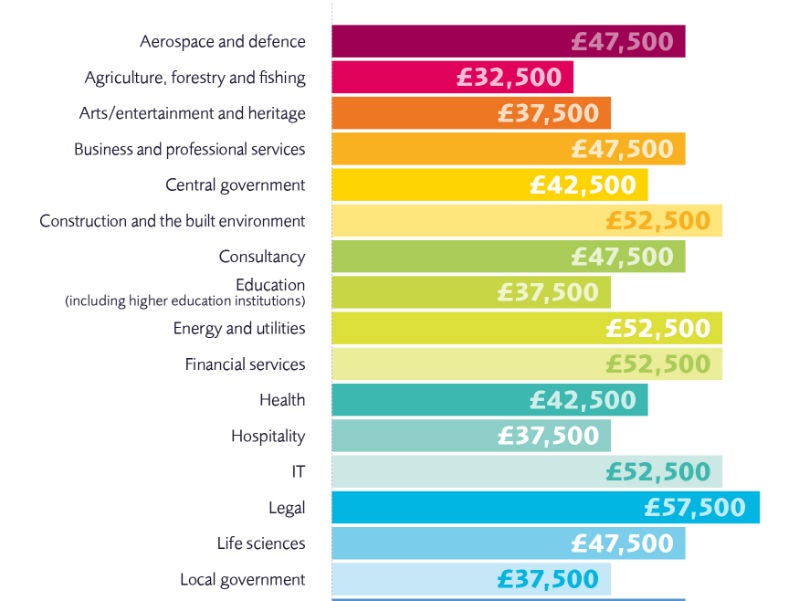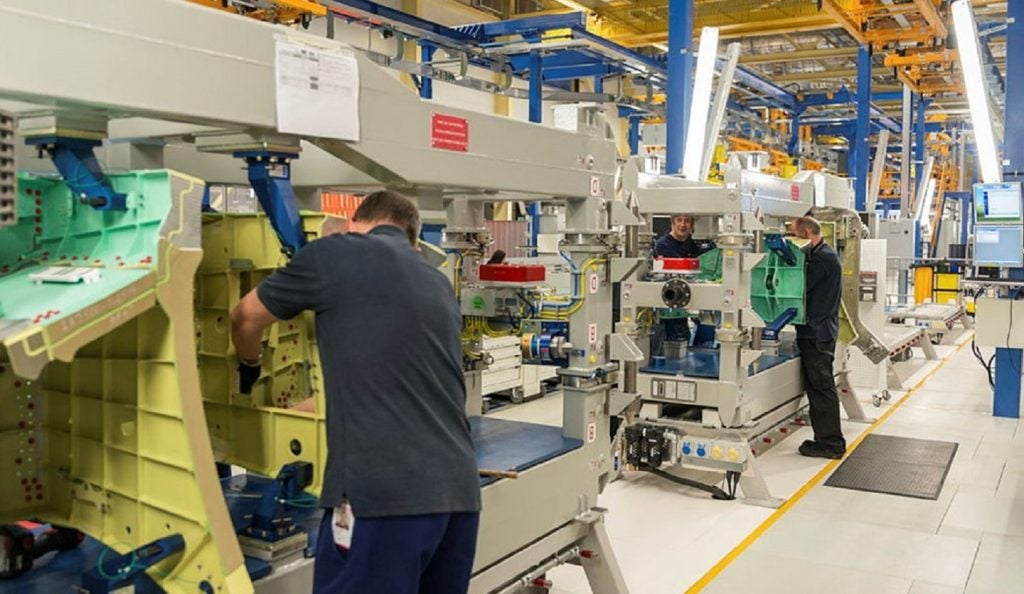
Job satisfaction among defence project professionals is high but the impact of Brexit on the sector is a concern, according to a new survey by the Association for Project Management (APM). In its Salary and Market Trends Survey for 2019, the APM asked project professionals from across all UK industry about their perceived job growth, salary prospects over the next 12 months.
The annual study, commissioned by the APM and carried out through an online YouGov poll, surveyed 4,652 project professionals, including 603 from the defence industry. It recorded some key employment positivity indicators such as job satisfaction, expectations of a pay rise, and organisational growth. It also recorded current sentiments surrounding economic uncertainty over the next 12 months, including the impact of Brexit on the future of defence.
APM chief executive Debbie Dore said: “Taking the pulse of the profession through our salary survey is incredibly important for APM, and the insights we uncover help ensure that we act and advocate for our members and stakeholders appropriately at all times.
“This year the ‘weather-proof’ nature of the project profession came through loud and clear, suggesting that despite potentially stormy economic conditions, project management is a confident and optimistic profession that businesses recognise contributes greatly to their future success.”
A positive individual outlook among defence professionals
In terms of job satisfaction, defence industry project professionals exhibited a net satisfaction level of 81%, with 19% of those satisfied stating they were ‘extremely satisfied’ with their current role.
Dore says: “Interestingly – this is exactly the same when compared to all respondents – 81%. So those in defence are no less nor more satisfied when compared to the entire profession.”
How well do you really know your competitors?
Access the most comprehensive Company Profiles on the market, powered by GlobalData. Save hours of research. Gain competitive edge.

Thank you!
Your download email will arrive shortly
Not ready to buy yet? Download a free sample
We are confident about the unique quality of our Company Profiles. However, we want you to make the most beneficial decision for your business, so we offer a free sample that you can download by submitting the below form
By GlobalDataFurthermore, the current average annual salary for defence project professionals is £47,500, which is again the same as the average annual salary across all industry.
Almost three quarters (74%) of defence sector respondents said they expected their annual salary (including core wage and bonuses) to increase over the next 12 months, which is slightly higher than the UK average (70%).
Moreover, 23% of participants anticipate no change to their salary while 2% said they imagined their overall salary to decrease over the next year.
In a similar trend only one in ten survey participants said that they viewed their own economic prospects to be ‘poor’ or ‘very poor’ over the next 12 months. Dore adds that, overall, “confidence grew around project professionals’ own economic prospects, from 43% rating it as excellent or good in the last report to 56% this year”.
Importantly, 78% of 18-to-24-year-olds across all industries rated their personal economic outlook positively throughout 2019. “This is significant given the general pessimism towards the current economic forecasts of most respondents to the survey,” says Dore.
The impact of Brexit on defence organisations
Notable themes highlighted by the survey include a positive outlook for organisational growth throughout 2019, the impact of Brexit on the defence industry, and the general UK economic outlook. It seems that while a majority of respondents were optimistic about their personal job security, many are concerned that an uncertain economy could negatively impact their organisation and the future of defence as a whole.
Exactly half of defence sector participants in the survey, for example, said they anticipate their organisation to grow over the next 12 months, compared to 69% of respondents across all industries. Around 14% of those in defence said that they expected their organisation to go through downturns and redundancies over the next 12 months.
Asked whether Brexit was likely to have an impact on their organisation, project professionals from the defence industry were, perhaps unsurprising, worried about how the next 12 months will turn out. Some 42% of defence industry respondents said that Brexit would have a net negative impact on their organisation compared to 12% who said that Brexit would have a positive impact.
“In terms of economic confidence about their organisations, respondents were also optimistic about what the year ahead holds for their employers – with 47% feeling positive about the economic prospects, compared to 42% last year,” says Dore.
However, the proportion of defence project professionals that agreed Brexit would have a net negative impact was 20% lower than the average sentiment across all industries (62%).
For the UK economy as a whole, 46% of defence respondents said that the economic outlook would be ‘poor’ or ‘very poor’, compared to just 21% who believe it would be ‘excellent’ or ‘good’.
Dore says: “In terms of economic confidence there was a more pessimistic view on the forecast for the overall economy as a whole. Less than a quarter were feeling positive about the economy’s prospects, compared with 44% expressing a negative opinion.
“This reflects the continual feeling of economic gloom and uncertainty, as 76% of those who felt pessimistic towards Brexit rated the economy’s prognosis negatively.”






